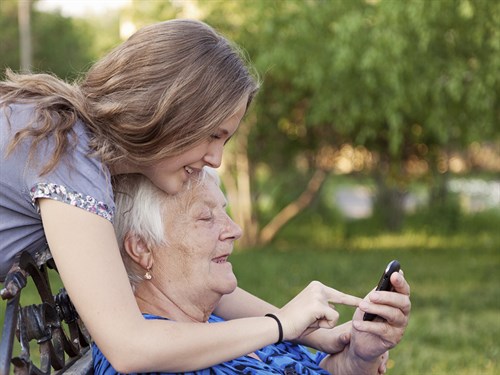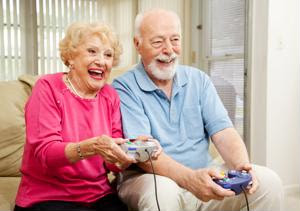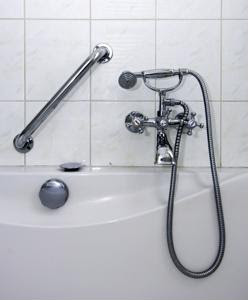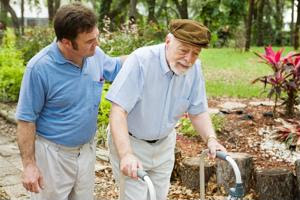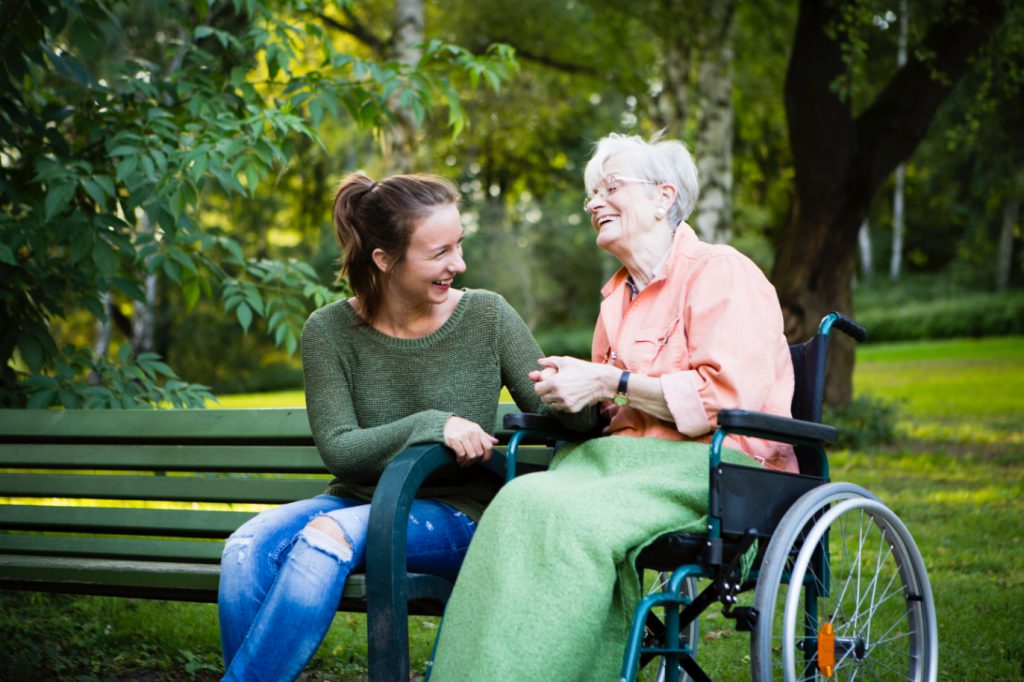The type and amount of in-home senior care your elderly loved one needs will greatly depend on the day-to-day activities he or she is able to do independently, but it also depends how much help you and other family caregivers are able to provide. Home care for seniors can be broken down into three levels of care: Monitoring, homemaking and personal care. The best way to determine which type of care your loved one needs is through a needs assessment, but here’s a guide for what each level of care can provide:
Monitoring
Monitoring is the lowest level of care. Seniors who are pretty independent but could use help with more difficult tasks like running errands and transportation to appointments are the right candidates for monitoring. Monitoring can also offer companionship to seniors, giving them someone to talk to for a few hours a week.
Homemaking
Seniors who need some help around the house should consider homemaking care. The home care services that are included on this level can be anything from making meals to housekeeping duties.
Personal care
Personal care for elderly people is often around-the-clock since it’s the highest level of care. Personal care providers take care of monitoring and homemaking responsibilities, but they also help with personal tasks like bathing, dressing and feeding.

